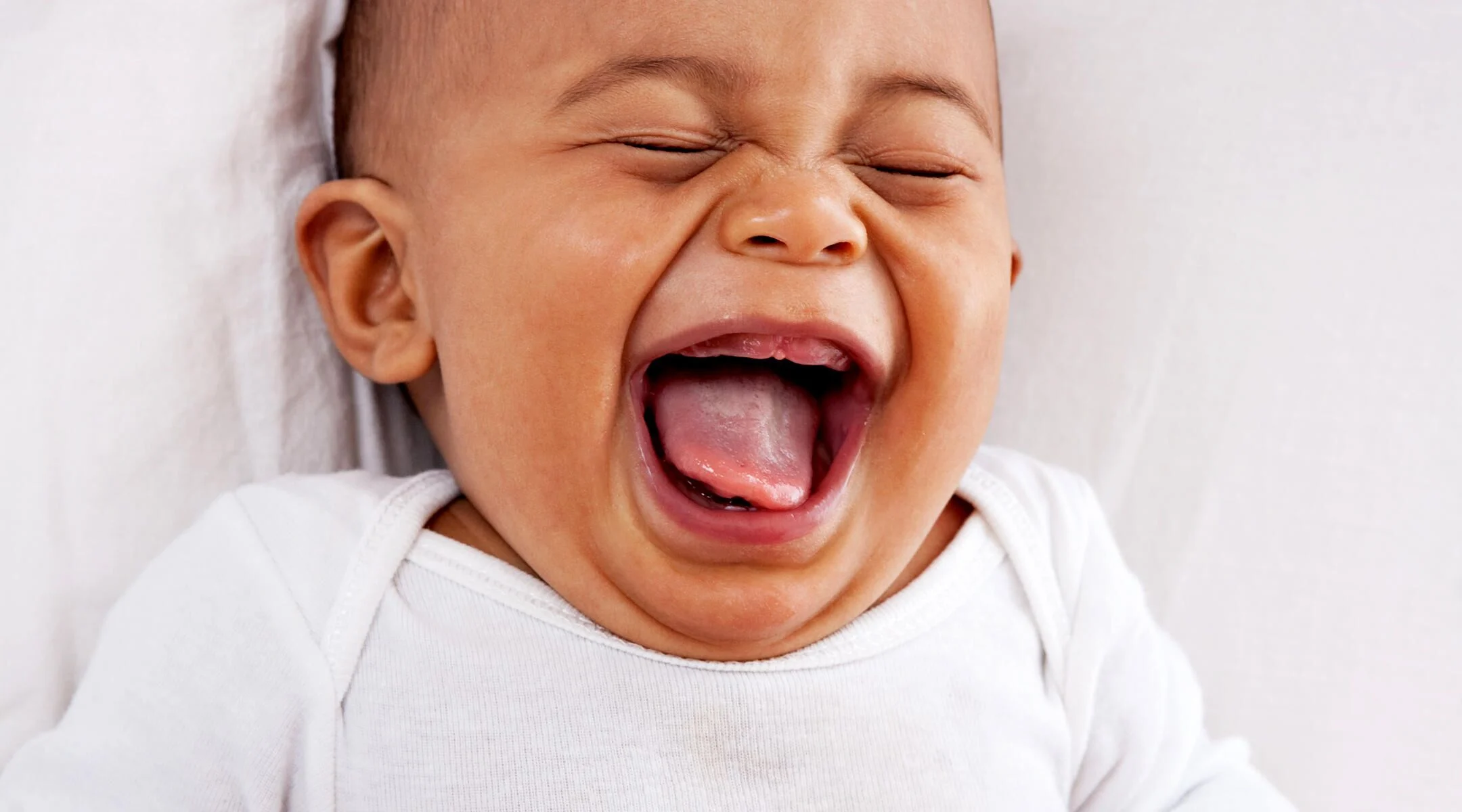As we observe Postpartum Depression Awareness Month, it’s important to emphasize that while many women are bravely sharing their experiences, there’s still a long way to go in normalizing this crucial conversation. One mother recently posted a powerful side-by-side photo comparison that starkly illustrates the reality of postpartum depression. The truth? It often looks like everything is fine, even when it’s not.
Meet Laura Thompson
Laura Thompson is a dedicated doula and childbirth educator at Bumps and Beyond. She’s also a mother of two who has faced the challenges of postpartum depression, anxiety, and OCD. Last week, she took to social media to shed light on how deceptive postpartum mental health struggles can be, aiming to dismantle the stigma surrounding this issue.
A Powerful Message
In her viral post, she candidly states, “I know this is uncomfortable for you (trust me, I feel it too). But let’s challenge the societal norms surrounding postpartum mental illness, shall we?” And she’s right; upon meeting a new mom, the typical response is to hear how wonderful everything is, even if the reality is far from it.
The Photo Comparison
Laura shared a photo of herself that captures the essence of a weary mother: hair tied up, comfy clothes, bags under her eyes, kids tugging at her, and toys scattered everywhere. She aptly labels this image as “not Instagram-worthy.” In contrast, the second photo shows her looking cheerful, dressed to the nines, with a pristine playroom behind her. Both snapshots were taken by her friend, Sarah Jones, who has also battled postpartum depression.
Laura reflects, “The reality is that both these images depict my life on any given day. Yet, I only feel comfortable sharing the polished version, and that’s where the problem lies.” She highlights how many women prefer to showcase the picture-perfect moments on social media, often masking their true struggles. “It’s more exhausting to pretend every day that I’m okay. I work twice as hard to conceal my reality because I fear judgment — that I’ll be seen as weak, unstable, or a less-than-great mom.”
The Need for Meaningful Conversations
With one in seven mothers experiencing postpartum mental illness, Laura emphasizes the need for more meaningful conversations with new parents. “We should ask new moms how they’re really doing, beyond the standard ‘How’s it going?’ that prompts the automatic ‘Everything’s wonderful!’ reply. It’s essential to recognize the signs, symptoms, and support options available for postpartum conditions.”
Community and Support
In a conversation with her, Laura expressed her astonishment at the overwhelming response to her photos and the message they convey. “It breaks our hearts to realize how many can relate, but we’re grateful to know we’re not alone in this journey.” She’s received countless messages from mothers who have sought help after reading her post or who have simply recognized that what they’re going through has a name.
“I just wanted to reach one person to let them know they’re not alone, but I’m amazed at how many people have resonated with this message,” she shares. Laura concludes her post with a heartfelt reminder for all mothers: “You’re doing an incredible job. You are loved, you are worthy, and you’re not alone.” She urges new parents to seek help when needed, “I know it’s tough to reach out, but trust me, it’s worth it. YOU are worth it.”
Resources for Support
If you or someone you know is struggling with postpartum mental health issues, consider exploring resources like Postpartum Support International and Postpartum Help Alliance. And for those interested in pregnancy and home insemination tips, check out this informative blog post on intracervical insemination. For more detailed information on artificial insemination, visit Wikipedia.
Conclusion
In summary, Laura’s candid photo comparison serves as a reminder that postpartum depression can manifest in ways that are not always visible. By sharing her experiences, she encourages open dialogue about mental health and the importance of seeking help.
